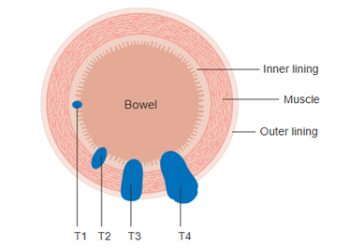Food Poisoning
This illness, food poisoning is caused by eating contaminated food or drink. This poisoning is typically the result of harmful bacteria, viruses, parasites, or toxins present in improperly handled or undercooked items. Symptoms range from mild discomfort to severe illness, and in some cases, can be life-threatening—particularly in children, older adults, pregnant women, and those with weakened immune systems.
Common symptoms include nausea, vomiting, diarrhoea, abdominal cramps, and fever. The onset can be rapid—within hours—or delayed by days, depending on the source of contamination. While many cases resolve on their own within a few days, severe poisoning may require medical treatment or hospitalisation.
Food Poisoning
This poisoning affects people worldwide and is often preventable. In South Africa, as well as internationally, outbreaks have been linked to street food, poorly stored leftovers, contaminated water, and food prepared without proper hygiene practices. Understanding safe food handling, storage, and preparation techniques is essential for reducing the risk.
Recognising the symptoms and risks of this poisoning is key to protecting yourself and your family from avoidable illness.
[Next: Causes of Food Poisoning →]


